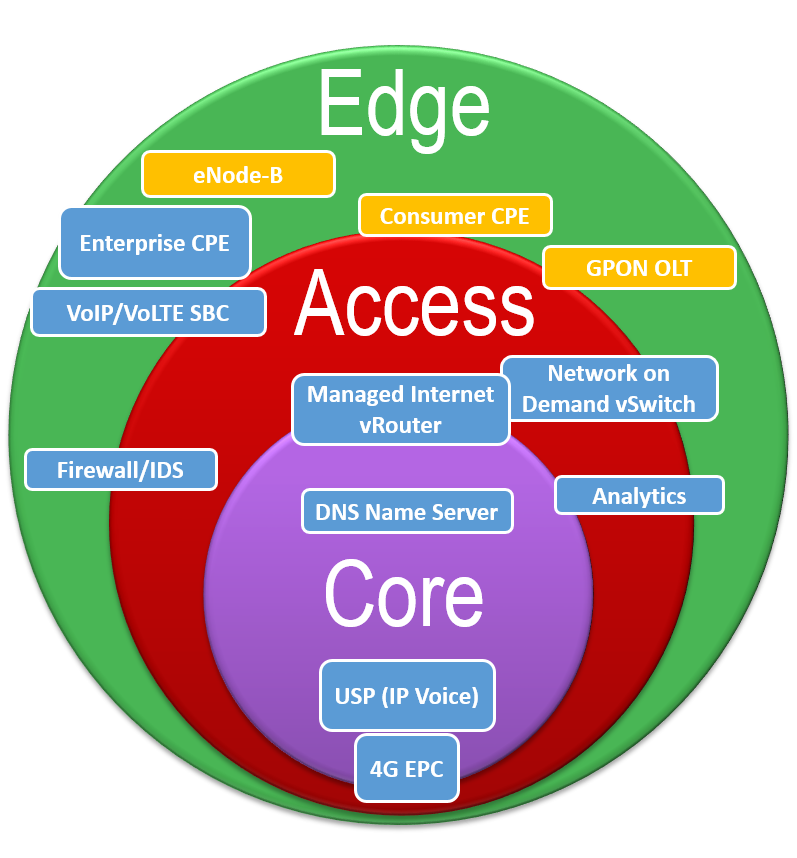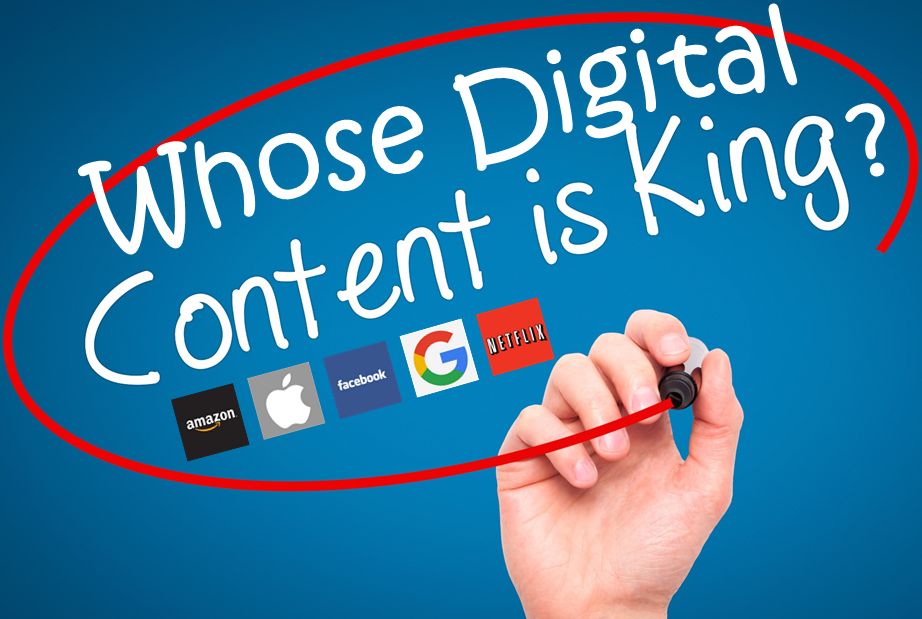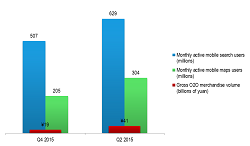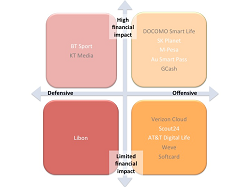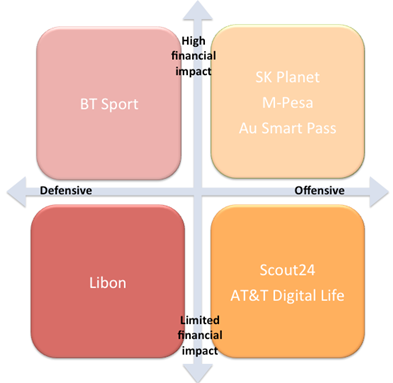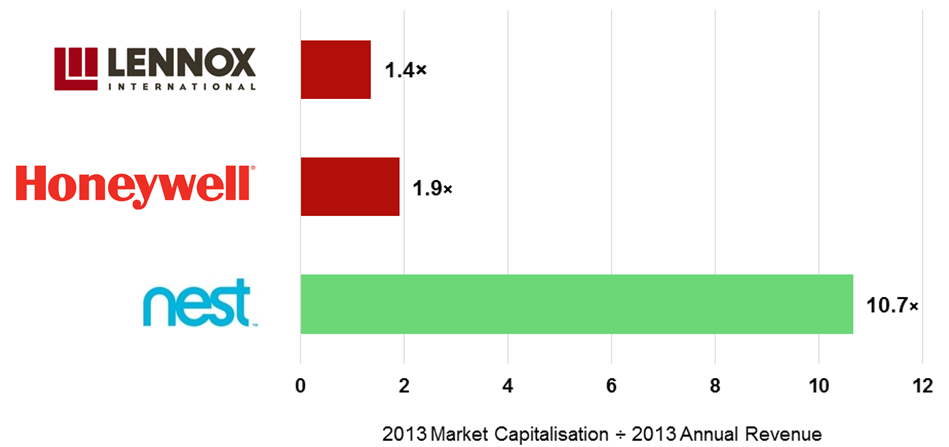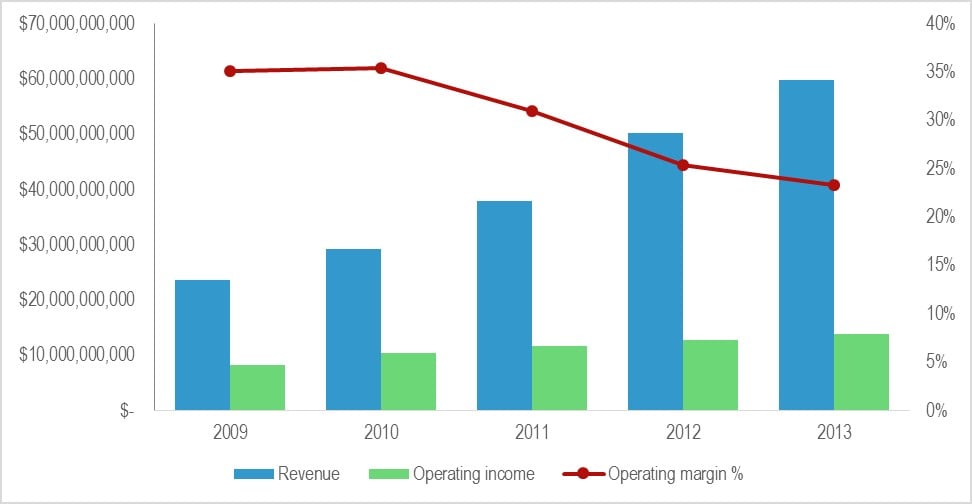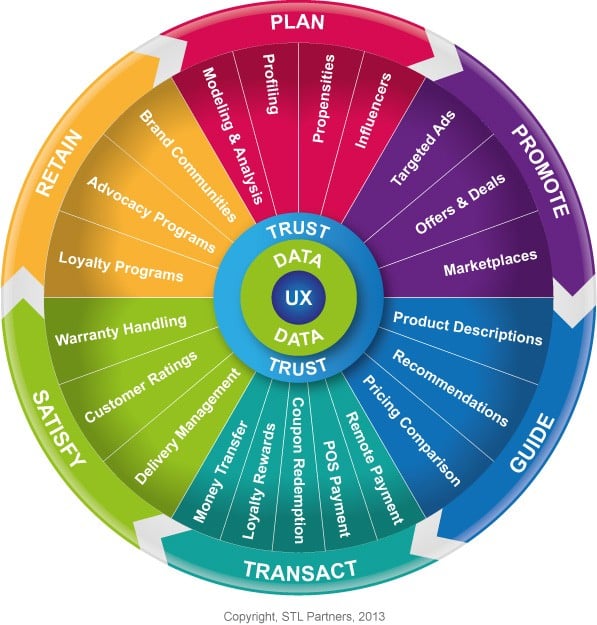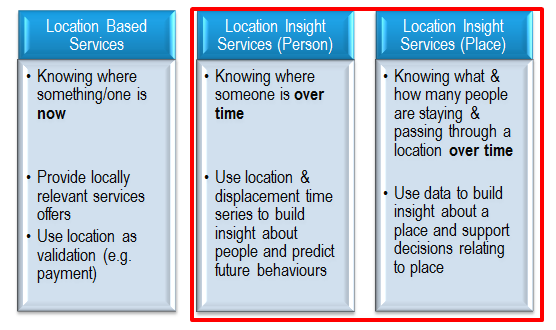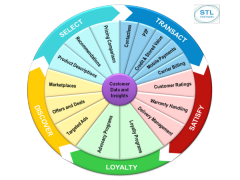
WeChat: A Roadmap for Facebook and Telcos in Conversational Commerce
Messaging services are increasingly enabling interactions and transactions between consumers and businesses. Largely pioneered by WeChat in China, the growing integration of digital communications and commerce services looks like a multi-billion dollar boon for Facebook and a major headache for Amazon, eBay and Google. It also poses a strategic dilemma for Apple and telcos: Can they turn their communications apps into shopping channels while championing privacy and security?

